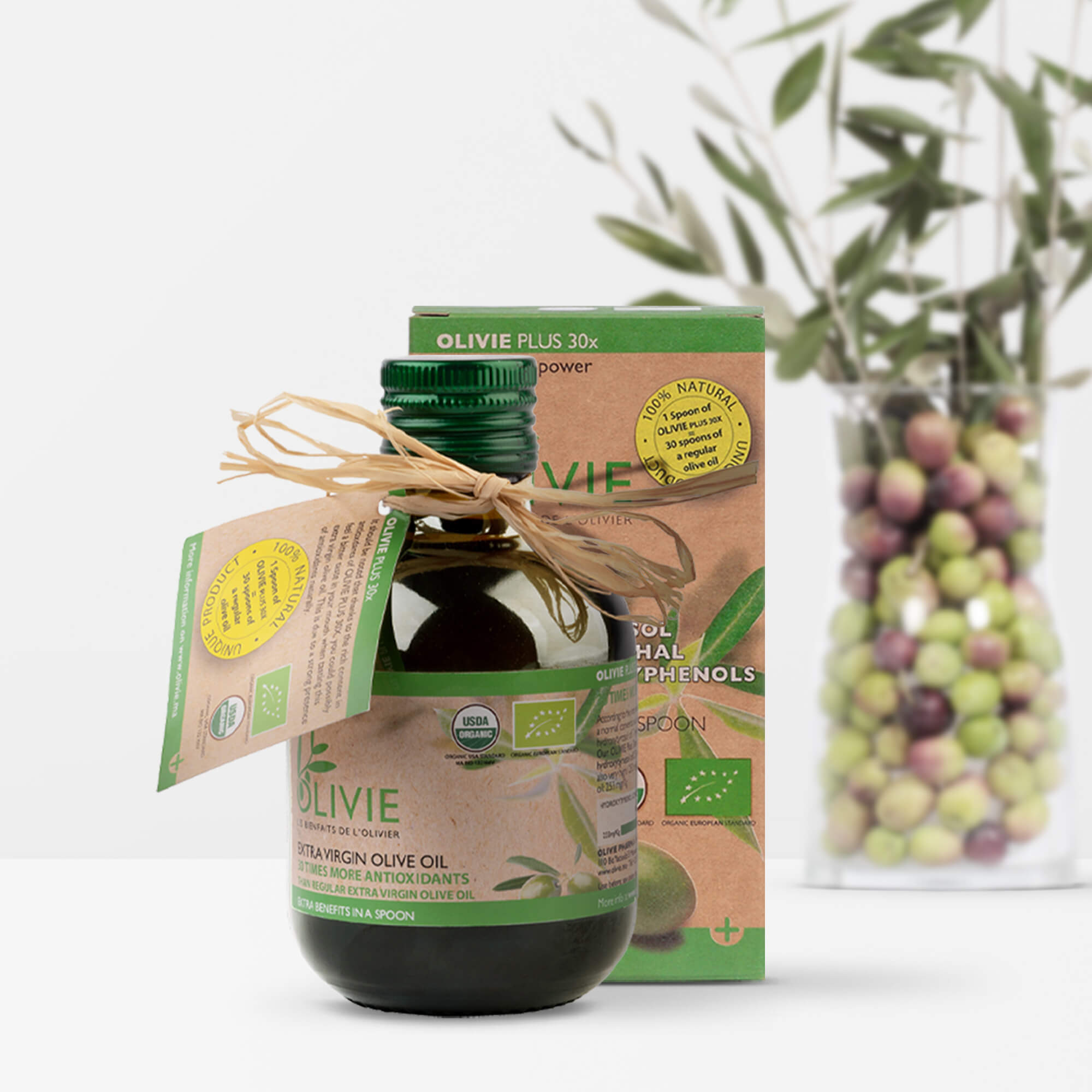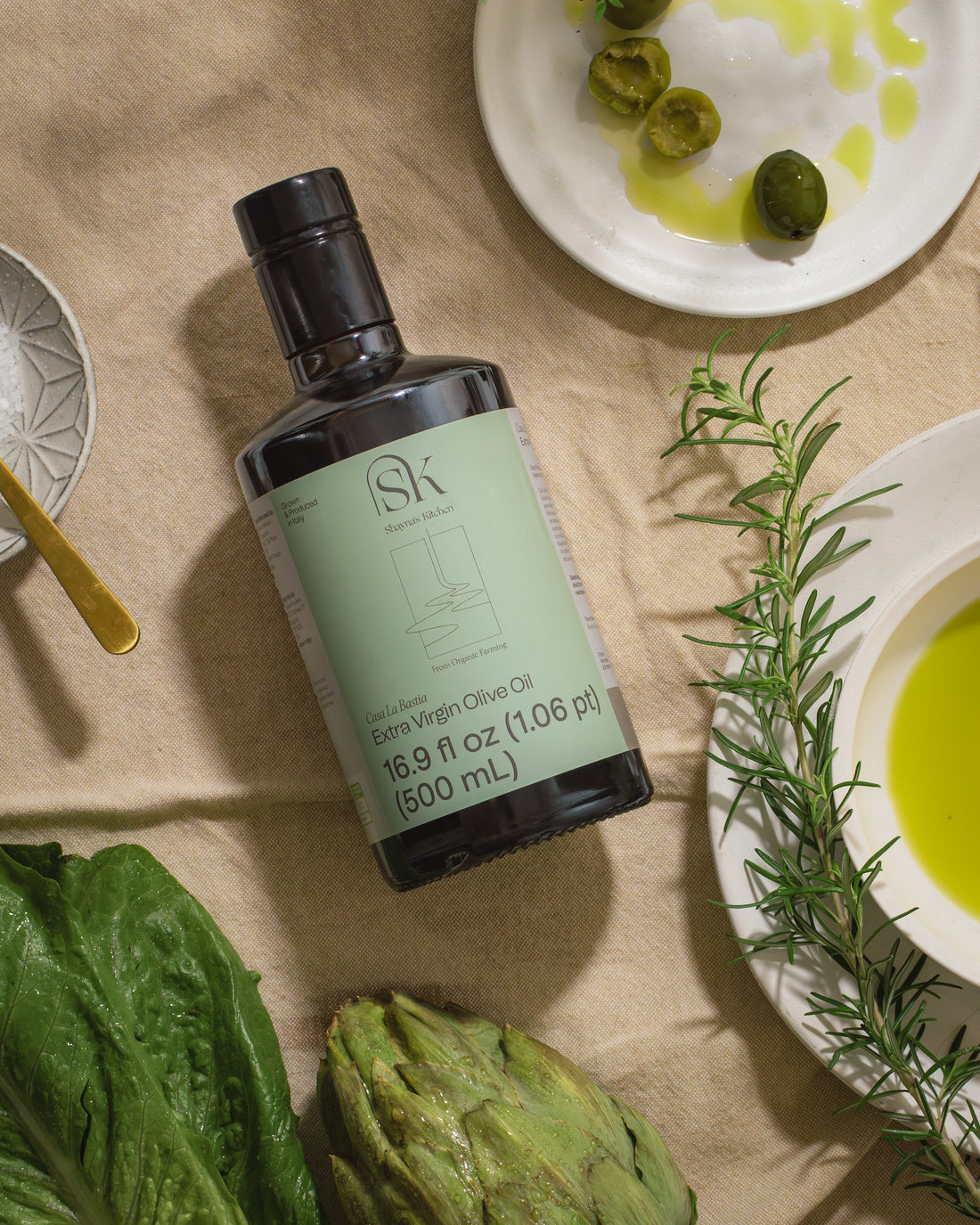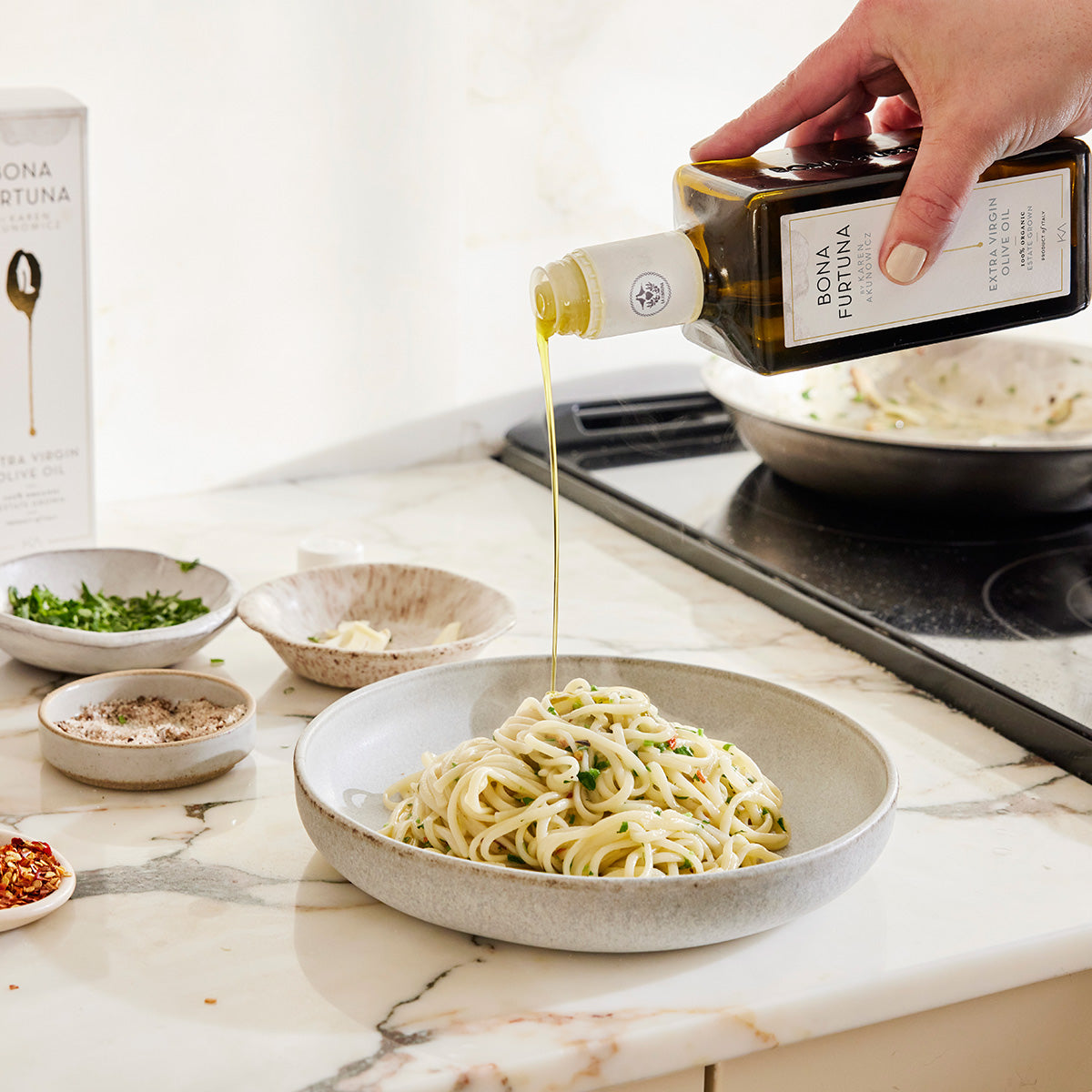The Top Extra Virgin Olive Oil Benefits That Can Transform Your Diet
The Top Extra Virgin Olive Oil Benefits That Can Transform Your Diet
Blog Article
Exploring the Various Kinds Of Olive Oil and Their Uses, Consisting Of Additional Virgin Olive Oil
The exploration of olive oil encompasses a diverse range of kinds, each offering unique flavors and cooking applications. Extra virgin olive oil, renowned for its remarkable top quality and health benefits, offers as a staple in several kitchens, yet it is only one aspect of this complex ingredient.
What Is Olive Oil?
Stemmed from the fruit of the olive tree, olive oil is a staple in Mediterranean food and a vital active ingredient in various culinary applications. This flexible oil is created by pushing entire olives, causing a liquid that varies in flavor, shade, and fragrance depending upon the kind of olives utilized, the region of growing, and the removal process. Olive oil is mainly made up of monounsaturated fats, especially oleic acid, which is understood for its prospective wellness benefits, including anti-inflammatory buildings and cardio assistance.
In enhancement to its cooking usages, olive oil has a long history of application in conventional medicine and skincare, owing to its abundant antioxidant web content (extra virgin olive oil benefits). The oil is usually made use of in dressings, sauces, and for cooking techniques such as sautéing and roasting. Its unique flavor profile can boost the preference of different dishes, making it a vital ingredient for both home cooks and professional cooks
Moreover, olive oil is celebrated for its role in the Mediterranean diet regimen, which is connected with many health and wellness benefits. As recognition of these benefits grows, olive oil continues to obtain appeal worldwide as a fundamental component of a healthy and balanced way of life.
Kinds Of Olive Oil
Understanding the various sorts of olive oil is essential for both cooking fanatics and health-conscious consumers. Olive oil is identified primarily based on its extraction method and quality, which substantially affects its aroma, health and wellness, and taste benefits.

Light olive oil, regardless of its name, describes a lighter flavor and not reduced calories. It is excellent for those looking for a more refined preference in dressings and marinates. In addition, there are flavored olive oils infused with natural herbs, flavors, or citrus, which can enhance recipes without the requirement for additional flavoring.
Each sort of olive oil serves certain culinary objectives, and comprehending these differences enables consumers to make enlightened choices that straighten with their cooking designs and health and wellness objectives.
Additional Virgin Olive Oil
Extra virgin olive oil (EVOO) is commonly related to as the finest quality olive oil readily available, renowned for its abundant flavor and countless health and wellness advantages. To be classified as added virgin, the oil must be created from fresh olives using mechanical processes, without using solvents or excessive warmth. This meticulous technique maintains the oil's natural tastes, anti-oxidants, and healthy fats, leading to an item with a low acidity degree of much less than 0.8%.
EVOO is bountiful in monounsaturated fats, particularly oleic acid, which is linked to lowered visit homepage inflammation and improved heart health and wellness. It additionally includes polyphenols, effective anti-oxidants that may provide safety results against chronic illness. The taste account of EVOO can vary considerably relying on the olive selection and region of production, ranging from verdant and fruity to robust and peppery.

Culinary Uses of Olive Oil

In food preparation, olive oil can be utilized for sautéing, roasting, and grilling, providing a much healthier choice to butter or various other fats. Its high smoke point makes it suitable for various cooking approaches, while its anti-oxidants add to a heart-healthy diet. Drizzling olive oil over ended up meals, such as pasta, fish, or barbequed vegetables, can boost tastes and add a touch of elegance.
In addition, olive oil plays a substantial function in baking, where it can change standard fats in recipes for bread and breads, giving wetness and a subtle preference. It likewise acts as a base for instilled oils, enabling chefs to trying out flavors such as garlic, natural helpful hints herbs, or chili, additionally expanding its cooking capacity. In general, olive oil's versatility makes it crucial in both home and expert kitchens.
Deciding On High Quality Olive Oil
When picking high quality olive oil, it's vital to take into consideration a number of vital aspects that influence the product's fragrance, flavor, and health and wellness benefits. Decide for extra virgin olive oil (EVOO), which is obtained from the initial cold pressing of olives and consists of the highest possible levels of antioxidants and helpful substances. Search for oils that are accredited by identified companies, as this frequently makes sure adherence to rigorous quality standards.
The packaging likewise plays a substantial duty in preserving the oil's integrity. Choose oils kept in dark glass bottles or tins to secure versus light destruction. Take notice of the harvest day; fresher oils offer exceptional flavor and nutritional value, so choose products that are within 18 months of their harvest.
On top of that, think about the origin of the oil. Top notch olive oils usually originate from particular areas understood for their unique flavor profiles, such as Italian, Spanish, or Greek oils. Be mindful of the preference; a great high quality olive oil ought to have a balance of fruity, bitter, and peppery notes, suggesting its splendor and intricacy. By examining these elements, you can ensure you are choosing the ideal olive oil for your cooking requirements.
Final Thought
In recap, the expedition of numerous kinds of olive oil discloses unique attributes and applications, with added virgin olive oil representing the peak of high quality due to its low acidity and high antioxidant content. Recognizing the various selections of olive oil permits for informed options in cooking techniques, promoting much healthier practices while enhancing the total gastronomic experience.
Derived from the fruit of the olive tree, olive oil is a staple in Mediterranean cuisine and a vital ingredient in different cooking applications.The most usual types of olive oil include fine-tuned olive oil, pure olive oil, and light olive oil.Bonus virgin olive oil (EVOO) is widely related to as the highest possible quality olive oil offered, renowned for its abundant taste and numerous health and wellness advantages. Decide for added virgin olive oil (EVOO), which is derived from the first cold pressing of olives and consists of the highest possible degrees of anti-oxidants and advantageous substances.In recap, the expedition of numerous kinds of olive oil discloses distinct qualities and applications, with additional virgin olive oil representing the pinnacle of high quality due to its reduced acidity and high antioxidant material.
Report this page